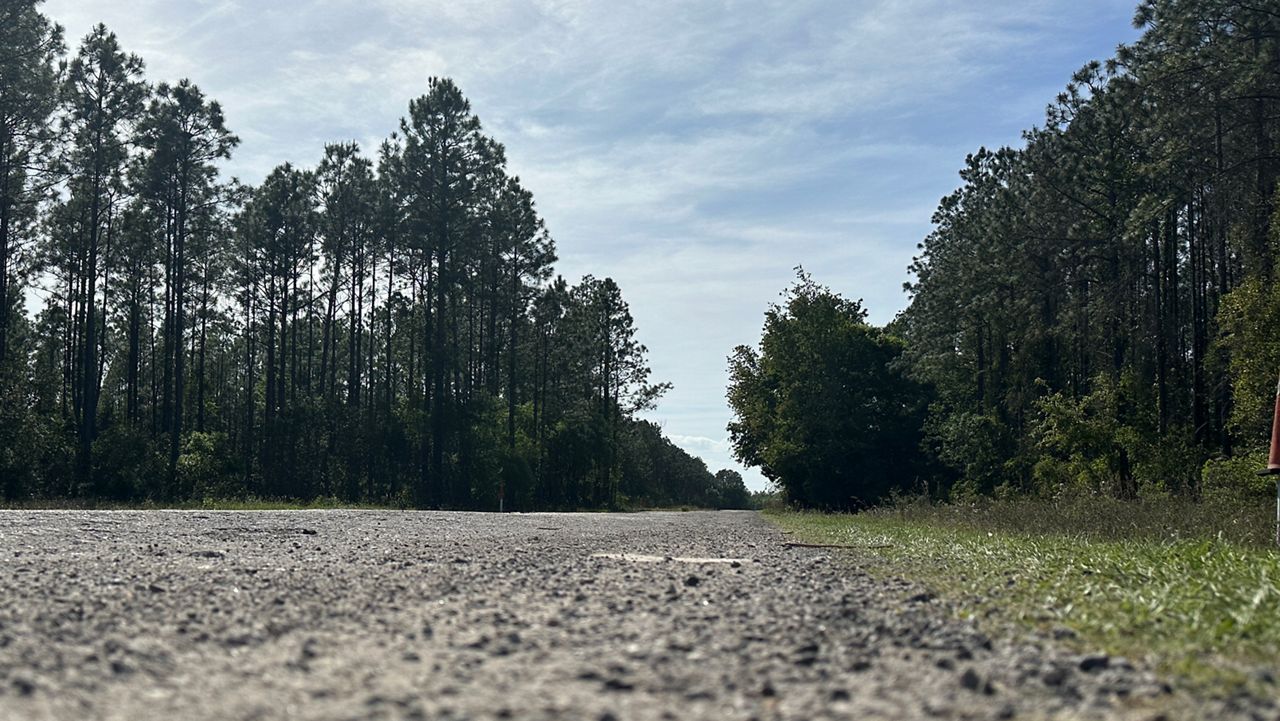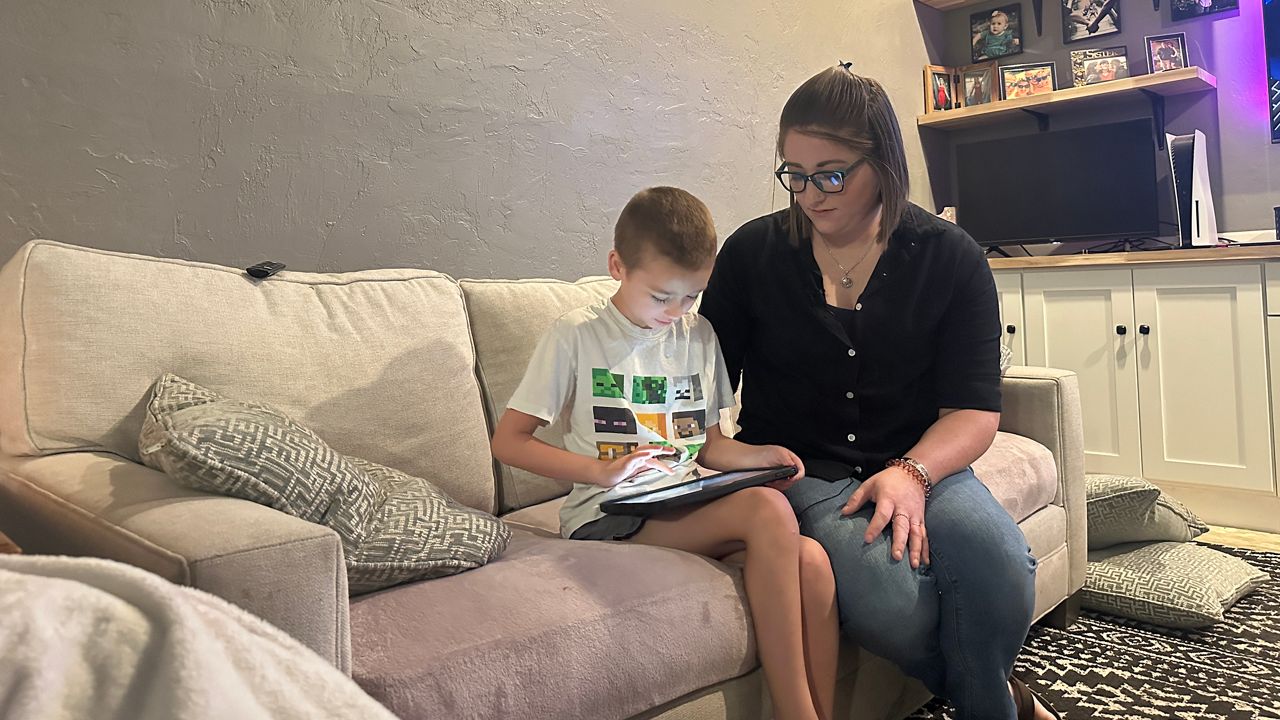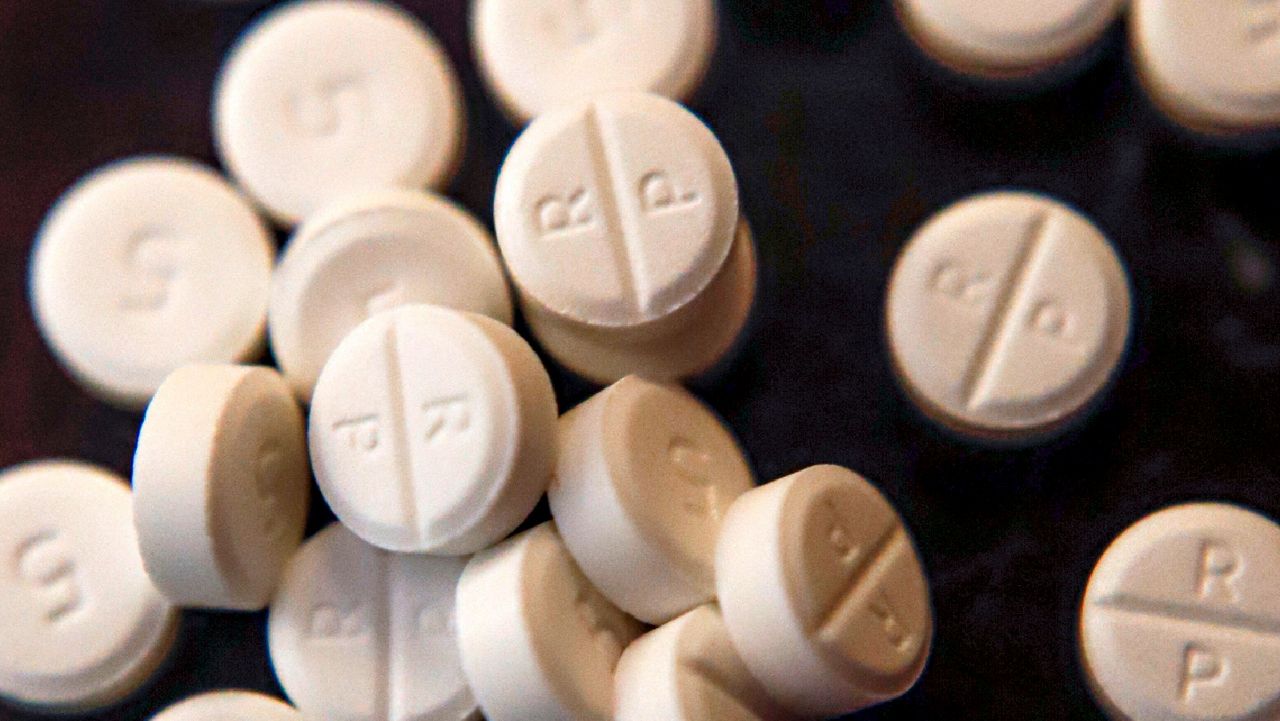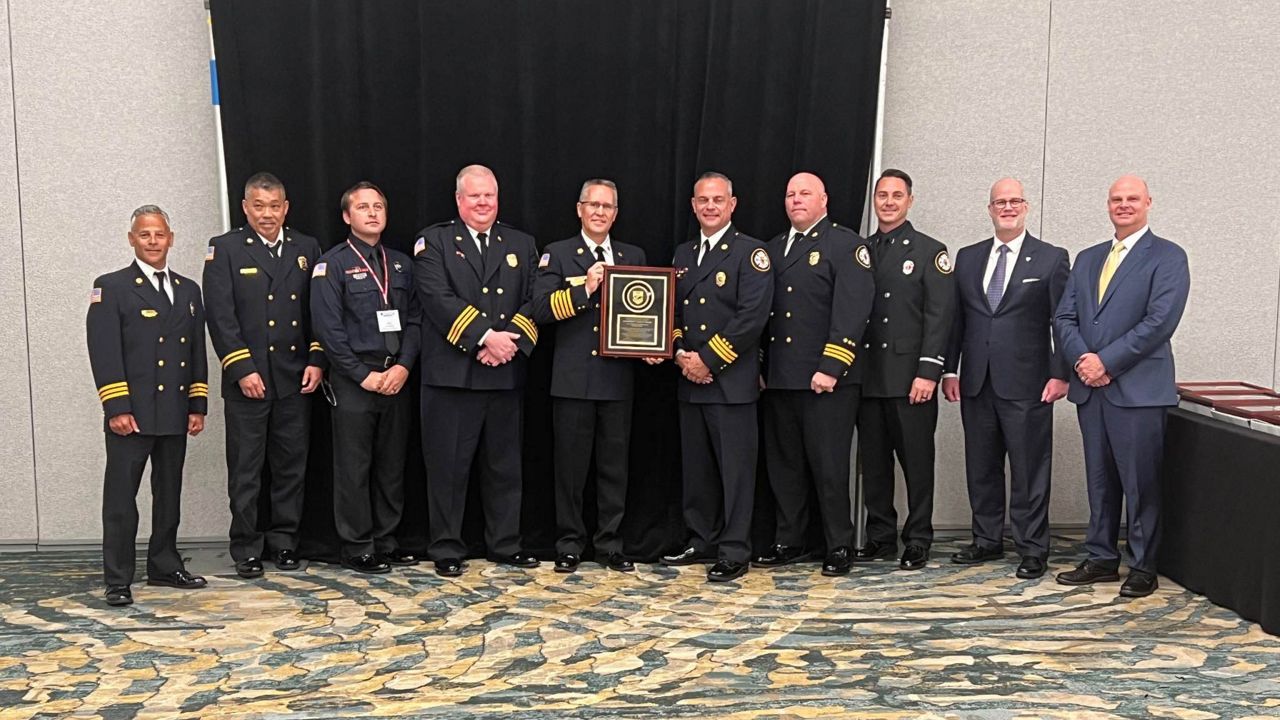VOLUSIA COUNTY, Fla. — A new program in Volusia County is helping first responders navigate some of the mental health challenges they face as a result of their careers.
The Volusia Recovery Alliance has partnered with LSF Health Systems to offer the First Responder Peer Support Program.
Working as a first responder means helping others when they are dealing with difficult situations in life, but when it’s time to ask for help, it’s often first responders who have the hardest time.
“I’m used to being you know, you’ve got to be strong for the people that you’re taking care of (…) So there’s a huge stigma, like you’re weak if you need to seek help, you know, when you’re supposed to be taking care of others,” former first responder Bridget Wick said.
Growing up in New York as the daughter of an EMT, Wick says some of the memories stuck with her. Wick says sometimes she and her sister would be in the car and her mom would get a call and they would go with her, so at a very young age they were exposed to those experiences.
“All the graphic things you see. And then we would leave that, you know, leave to go home. And we didn’t really talk about it again. So, we just had to process that ourselves. And I always put it in the back of my mind and try not to think about it,” Wick said.
Wick became an EMT herself, and for a period, she thought she was immune to the mental health challenges that her job causes others. After a divorce, leaving her job and moving to Florida without any family support, she realized she was not.
The job-related depression and pain that finally caught up with Wick is something felt by thousands of first responders across the country each year.
According to the First Responder Suicide Deterrence Task Force’s 2023 Annual Report conducted by the Department of Children and Families’ Office of Substance Abuse and Mental Health and the Office of Suicide Prevention, first responders are 1.4% of Florida’s workforce, yet their suicide rate is more than two times higher than the overall rate of working-age Floridians, accounting for 40.2 suicide deaths per 100,000 emergency responders.
From 2017 to 2022, 247 Floridian First Responders lost their lives to suicide.
In the case of Wick, she discovered a lifeline she needed through LSF Health Systems’ First Responder Peer Support Program. Karen Chrapek, a first responder peer specialist and executive director of the Volusia Recovery Alliance, has worked with Wick since August, helping her understand and overcome her struggles.
“When I met her, I felt comfortable, like, okay, we can discuss this stuff. You know, maybe if I discuss it, get it out there, I will feel a little better. And she helped me process everything,” Wick said.
They work together on a Wellness Recovery Action Plan (WRAP) and talk about what’s on Wick’s mind on a weekly basis when they meet at her office.
“Stigma is one of the greatest barriers to asking for help. And it’s really huge in the first responder population,” Chrapek said.
The program is for all current or former first responders. That includes firefighters, police officers, sheriffs, corrections officers, emergency medical services personnel and emergency dispatchers/telecommunications operators.
Funded by the Florida Department of Children and Families and LSF Health Systems, the program helps not only current and former first responders, it also serves their family members even if the first responder isn’t interested in getting help themselves.
“Every step of the way I felt a little better, like I’m close to being back to myself and finding my purpose again, you know, so I can help people,” Wick said.
Wick has been the longest participant in the program with the Volusia Recovery Alliance, but now she’ll be transitioning to helping others after having completed training to get certified as a peer specialist.
“It’s important for all of us, but especially first responders, to have wellness tools, have a wellness toolbox. And I’m happy to say Volusia Recovery Alliance recovery clients can help you build that wellness toolbox,” Chrapek said.
The First Responder Peer Support program operates in 20 counties: as far west as Suwannee County, covering Baker County down to Alachua County, and up the east coast from Volusia to Nassau.
Since the program launched in Aug. 2023, Chrapek says the Volusia Recovery Alliance has helped a total of 20 first responders and reached approximately 2,271 people.
“We're proud to collaborate with partners like the Volusia County Recovery Alliance to provide crucial mental health support to first responders across 20 counties in North and North Central Florida," said Dr. Christine Cauffield, CEO of LSF Health Systems.
If you or anyone you know is interested in participating in this program, they can call 211 or contact the Volusia Recovery Alliance at (386) 777-7337 Extension 104 for the peer support line. They can also find help and resources by visiting the website.









